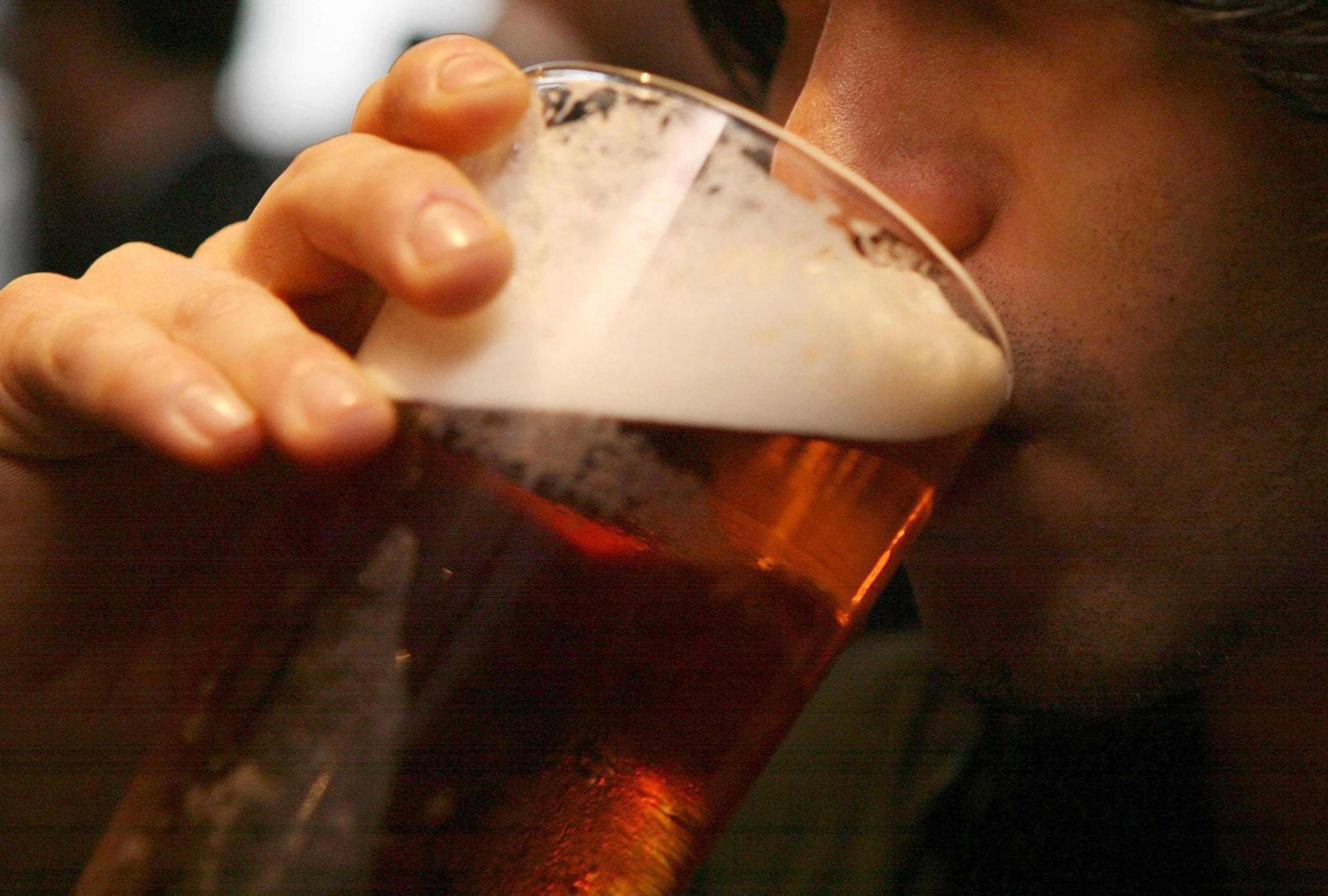Minimum alcohol pricing has cost Scots £270m, think tank claims
The Institute of Economic Affairs said the policy has had little positive impact on public health.

Your support helps us to tell the story
This election is still a dead heat, according to most polls. In a fight with such wafer-thin margins, we need reporters on the ground talking to the people Trump and Harris are courting. Your support allows us to keep sending journalists to the story.
The Independent is trusted by 27 million Americans from across the entire political spectrum every month. Unlike many other quality news outlets, we choose not to lock you out of our reporting and analysis with paywalls. But quality journalism must still be paid for.
Help us keep bring these critical stories to light. Your support makes all the difference.
A flagship policy intended to prevent the sale of cheap drinks has cost Scottish people about £270 million, a report has suggested.
The report, titled The Hangover: The Cost Of Minimum Alcohol Pricing In Scotland, for the Institute of Economic Affairs (IEA), claimed the policy has had little positive impact on employment, crime and health.
It also found the policy has cost drinkers in Scotland an average of £71.12 per head.
Introduced in 2018, minimum pricing had previously been justified based on computer modelling from a team at Sheffield University – the Sheffield Alcohol Policy Model (SAPM).
Our estimate suggests that minimum pricing has cost Scottish drinkers more than a quarter of a billion pounds
The Scottish Government said minimum pricing aimed to reduce alcohol-related harms, including death, crime and unemployment, by raising the price of the cheap, off-trade alcohol purchased in supermarkets and off-licences.
Computer-based models from Sheffield University showed that the policy could reduce improvements in health, employment and crime rates.
But the IEA claims this has not been the case.
The think tank also argues that the policy has been “counter-productive” because it collects extra revenue for alcohol supplies, rather than as a tax.
Christopher Snowdon, a co-author of the report and an economist at the IEA, said: “Our estimate suggests that minimum pricing has cost Scottish drinkers more than a quarter of a billion pounds. Now in its fifth year, minimum pricing is a reminder that politicians are often responsible for the rising cost of living.
“Although alcohol consumption has fallen slightly in Scotland, we find no evidence that this has led to an improvement in health outcomes. Consumers have simply switched from the most affordable alcohol to mid-range brands, to the benefit of alcohol producers and retailers. The policy could be dropped tomorrow without costing the Government a penny.”
A Scottish Government spokesman said: “In 2020 we saw total alcohol sales reported as falling to their lowest level for 26 years.
“We had already seen that alcohol sales were falling since our world-leading policy was introduced in 2018 – indeed research published in the Lancet found alcohol sales fell almost 8%.
“Prior to the pandemic, the reduction in alcohol specific deaths showed encouraging early signs that the introduction of MUP was having a positive impact.
“Evaluation is ongoing, with a final report from Public Health Scotland in 2023.”
Subscribe to Independent Premium to bookmark this article
Want to bookmark your favourite articles and stories to read or reference later? Start your Independent Premium subscription today.